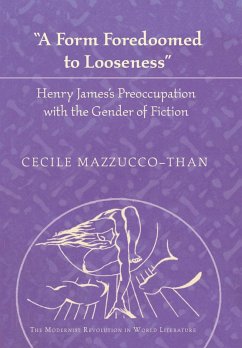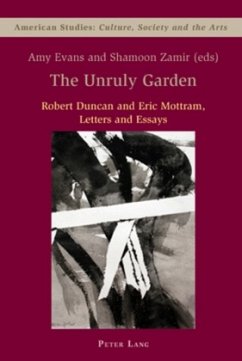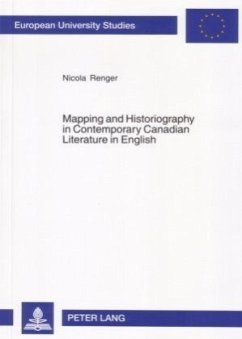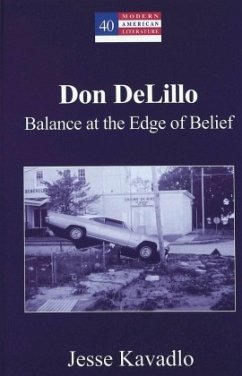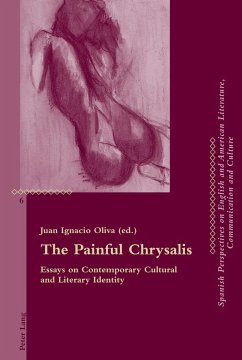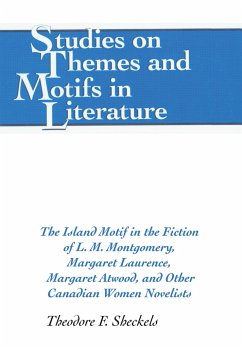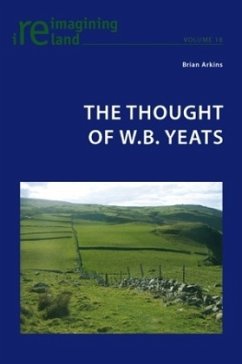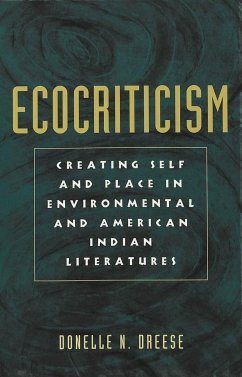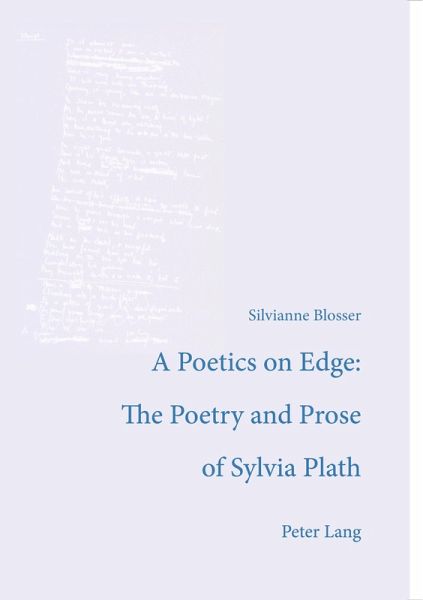
A Poetics on Edge: - The Poetry and Prose of Sylvia Plath
A study of Sylvia Plath's poetic and poetological developments
Versandkostenfrei!
Versandfertig in 6-10 Tagen
107,00 €
inkl. MwSt.

PAYBACK Punkte
0 °P sammeln!
This study takes a close look at the language of Sylvia Plath's poetry and prose in terms of how the poetic language works rather than why she wrote as she did. A detailed analysis of her poems, her short stories and her only novel, The Bell Jar, traces Sylvia Plath's development of a poetics of her own - from monological poems to dialogic prose - based on her own frequent remarks on the writing process in her essays, letters and journals. Sylvia Plath was a writer often torn between traditional and modernist modes of writing and a poetics of the «open hand» as she formulated it. She is pres...
This study takes a close look at the language of Sylvia Plath's poetry and prose in terms of how the poetic language works rather than why she wrote as she did. A detailed analysis of her poems, her short stories and her only novel, The Bell Jar, traces Sylvia Plath's development of a poetics of her own - from monological poems to dialogic prose - based on her own frequent remarks on the writing process in her essays, letters and journals. Sylvia Plath was a writer often torn between traditional and modernist modes of writing and a poetics of the «open hand» as she formulated it. She is presented as a poet at the crossroads to postmodern ways of thought and writing rather than as a woman helplessly caught up in her own creative and biographical problems. The versatility and dynamics of her creativity and her own reflections on these processes can be linked to notions and trends in literary theory over the past few decades.




